
With all the changes that are taking place in the world, many sectors of our lives are getting affected. Health is one of them, and a major one at that.
Have you been experiencing irregular heartbeat recently? You should try talking to your doctor as this can be a sign of arrhythmia. Don’t know what is arrhythmia? Keep reading to find out more…
Arrhythmia Definition
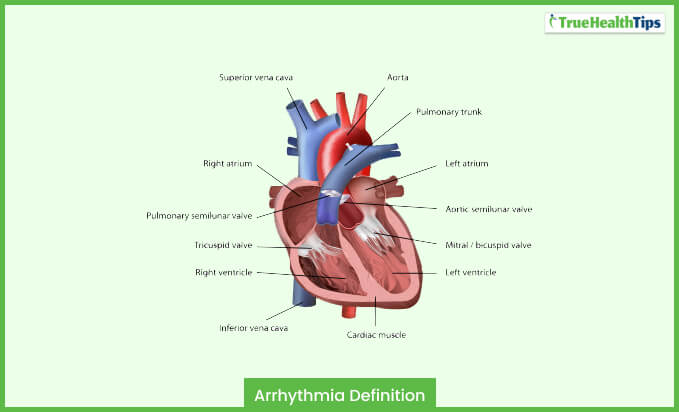
Cardiac arrhythmia refers to the condition or a group of conditions that causes the rate of heartbeat to become irregular. They can be too fast or too slow.
If you are feeling like your heart is beating too fast or too slow, this might not be just because you are nervous. This can be a sign of arrhythmia. It is better to see your doctor.
Even though many people think that this is normal and does not have to be treated, there have been many cases in which they have been harmful.
Arrhythmia Symptoms
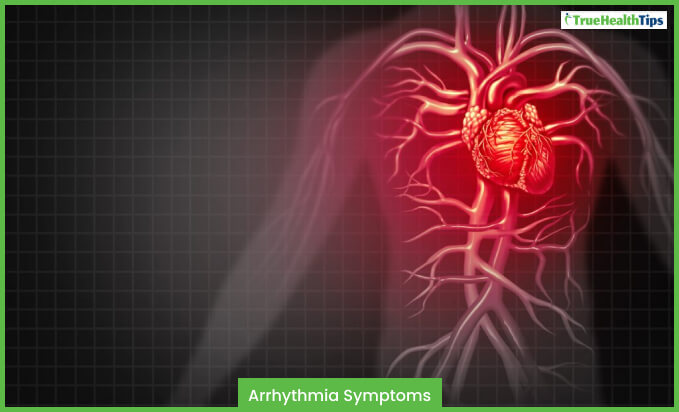
The reason why most of the time, this heart condition gets unnoticed is that the symptoms of arrhythmia are very common. Some of the symptoms are as follows:
• Pounding in the chest (fluttering) • Fatigue • Dizziness • Anxiety • Palpitation • Shortness of breath • Skipping beats
Arrhythmia Causes
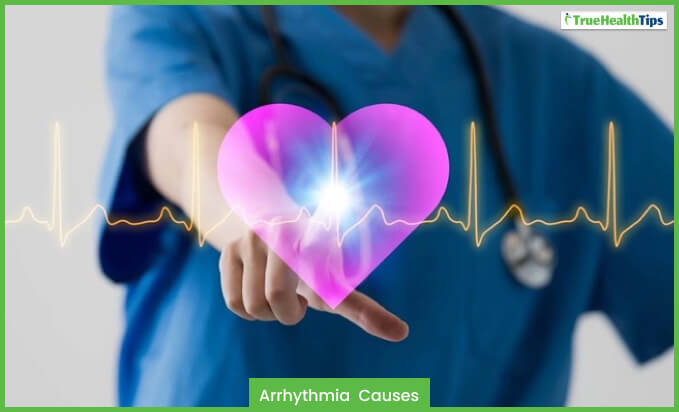
What causes arrhythmia is still unknown. There is no fixed cause for such a condition. However, according to the latest science, when the electrical impulses of the body are interrupted because of any factor (internal or external), it can stimulate the rate of contraction of the heart. This may result in arrhythmia.
There are several factors that can play a role in arrhythmia. Some of them are:
• Stress
• High blood pressure
• Smoking
• Alcohol abuse
• Caffeine intake
• Dietary supplements
• Medication
There are many medications that can also cause arrhythmia. Some antibiotics can trigger this condition in most people who may have a family history of heart conditions. Some medical conditions that can be the source of arrhythmia are:
• High blood pressure • Thyroid disorder • Diabetes • Sleep apnea • Anemia
Arrhythmia VS. Dysrhythmia
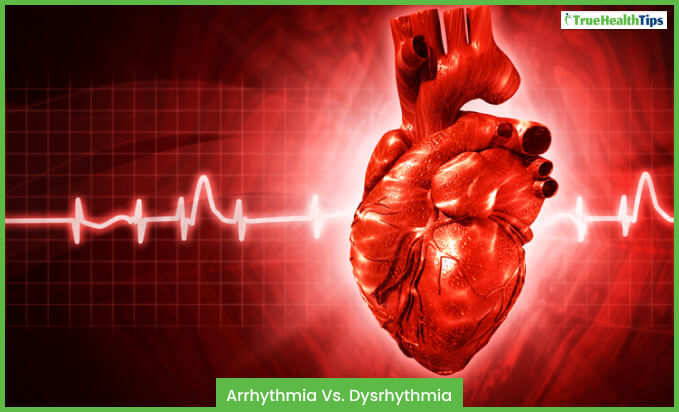
Even though the term dysrhythmia is often used to refer to the original term arrhythmia, there are slight differences.
The difference is not only in their level of seriousness but also in their medication.
To put it simply, while dysrhythmia means “bad rhythm,” arrhythmia means “not having a rhythm.”
Types Of Arrhythmia

There are a few types of arrhythmia. They are named and categorized on the basis of three factors. These are:
• The rate of heartbeat • The place of origin • Regularity
Keeping all these factors in mind, there are a few types of arrhythmia that have been identified:
• Ventricular arrhythmia • Supraventricular arrhythmia • Bradycardia • Tachycardia • Premature heartbeat
1. Ventricular Arrhythmia
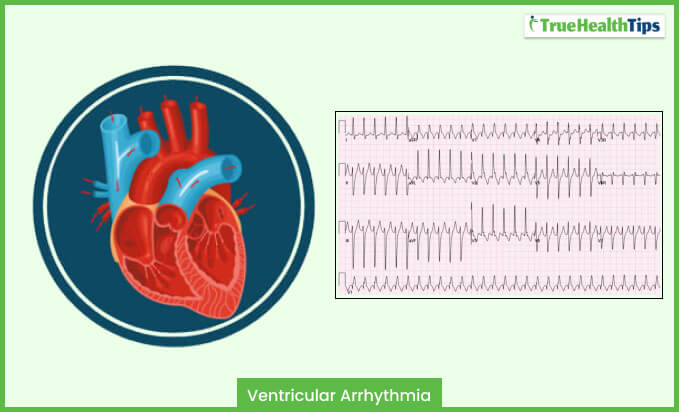
This kind of arrhythmia begins in the ventricles of the heart. These are the lower chambers of the heart. These are extremely erratic in nature and can also get triggered by a heart attack.
Some types of this form of arrhythmia are:
a. Ventricular Fibrillation
These can get triggered after a heart condition. They involve rapid and irregular heartbeats in the ventricles or the lower chambers of the heart.
When you suffer from this kind of condition, it becomes difficult for your heart to pump blood to different parts of the body. As a result of which, you can suffer from sudden cardiac arrest.
b. Ventricular Tachycardia
This occurs in people who already have a history of heart diseases or conditions. It can cause the heart to beat more than 100 times a minute.
If it lasts longer than a minute, it can pose serious dangers.
c. Torsades de Pointes
Even though this is the most uncommon of all forms of arrhythmia, this type of condition can pose a threat to life.
2. Supraventricular Arrhythmia
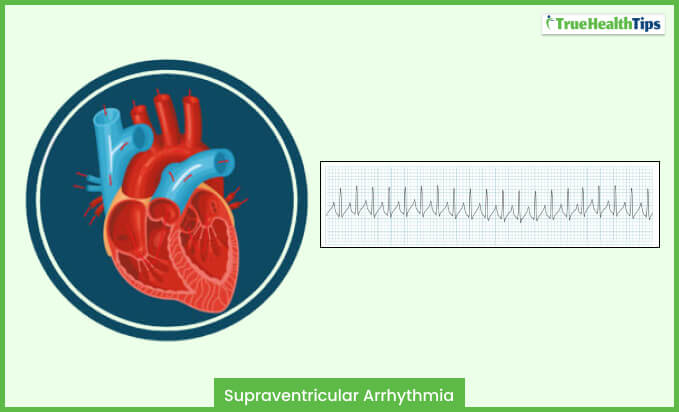
The kind of irregularity that begins in the upper chambers of the heart called the atria. These are the chambers of the heart that lie exactly above the ventricles. This is the reason why it is also called atrial arrhythmia.
You may experience sudden and heightened bursts of the heartbeat at a very fast rate. This begins suddenly and ends soon. On average, you may have 110 heartbeats per minute.
There are a few types of supraventricular arrhythmia. They are:
a. Atrial Fibrillation
While other types of arrhythmia can come in a single strong contraction, AF is a type of condition where you will experience multiple quivers as the chamber fibrillates and produces rapid heartbeats.
b. Atrial Flutter
This happens when only one particular portion of the atrium does not work properly. This causes an abnormal heartbeat pattern.
It can become a serious condition when left untreated.
c. Paroxysmal Supraventricular Tachycardia
This one is the rapid rate at which the heart beats. It occurs as a result of an interruption in the electrical impulse of the heart that occurs in the upper chamber, called atria, of the heart.
The rhythm is usually irregular, and it starts and ends abruptly.
3. Bradycardia
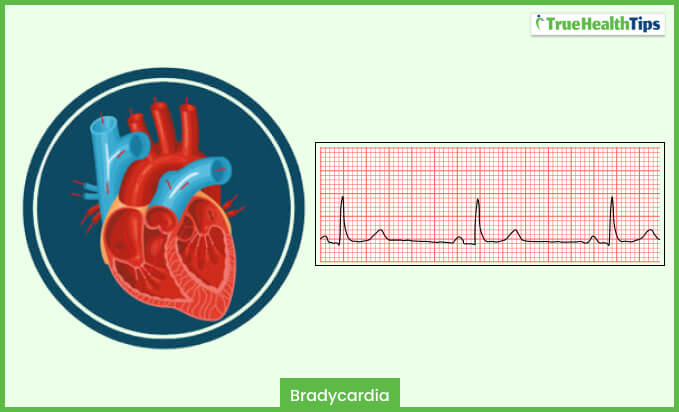
This is the type of arrhythmia that occurs when the heart rate is too slow. On average, the heart rate is less than 60 beats a minute.
There are many symptoms of this type of condition. A few of them are:
• Chest pain • Dizziness • Fatigue • Palpitation • Fainting • Shortness of breath
4. Tachycardia

This is the type of condition exactly opposite to the one above. In this, the rate of heartbeats is more than 100 a minute on average. If this lasts longer than a few minutes, seek immediate medical help
Some of the symptoms of tachycardia are:
• Breathlessness • Chest pain • Pounding on the heart (fluttering) • Lightheadedness
5. Sinus Arrhythmia

The variation of the sinus rhythm of the sinus nodes of the heart causes sinus arrhythmia. In most cases, it happens to the young ones and the elderly. Even though it is a common condition, it can lead to serious health issues.
Treatment

In most cases it has been seen that Arrhythmia does not need any special treatment. However, it is always better to have it checked and evaluated. This could help you take preventative measures.
After the doctors evaluate your case and make a thorough diagnosis, they will be able to tell you what kind of arrhythmia you have. After such an assessment, you will get to know what are the conditions and symptoms that would affect your treatment procedure.
If you have arrhythmia, most doctors will advise you to do a few things like:
• Exercise daily.
• Eat healthy.
• Not stress.
There are many vagal maneuvers that can also help you with your speeding heart. These are:
• Cough • Hold your breath while straining • Soak your face in cold water
| Vagal maneuvers: These are actions that you take to stop an abnormal heart rate |
Frequently Asked Questions:-
Ans: While some people may think that having an irregular heartbeat does not make a difference to the body, some arrhythmias can be harmful. This is because when the rate at which the heart pumps blood to the different parts of the body is irregular, many parts of the body may not receive enough blood. This can hamper the body’s ability to function.
Ans: If you think you have arrhythmia, a major cause for this can be your blood pressure level. Generally, people with high blood pressure and thyroid ailments have major chances of developing arrhythmia.
Ans: Sinus arrhythmia is a type of arrhythmia that occurs when the natural sinus nodes of the heart get affected. In other words, when the irregularity of the rhythm of the heartbeat originates in the sinus nodes and not in any of the chambers of the heart, it is called sinus arrhythmia.
Ans; If you are experiencing weakness and fatigue, lightheadedness, shortness of breath, or extreme chest pain, you need to be careful. These are major symptoms of arrhythmia.
And That’s A Wrap!
If there is something that should be on your list of priorities in this fast-moving life, it is your health. Arrhythmia is a heart condition that makes the heartbeat irregular. It can be too fast or too slow, depending on the type of arrhythmia you have.
Even though the exact cause of this heart condition is yet unknown, it has been studied that many things combined together can lead to arrhythmia. Some of them are high blood pressure, anxiety, and bad lifestyle choices. You can try to exercise regularly, overcome anxiety, and choose to live a healthier lifestyle in order to fight arrhythmia.
Read Also:











